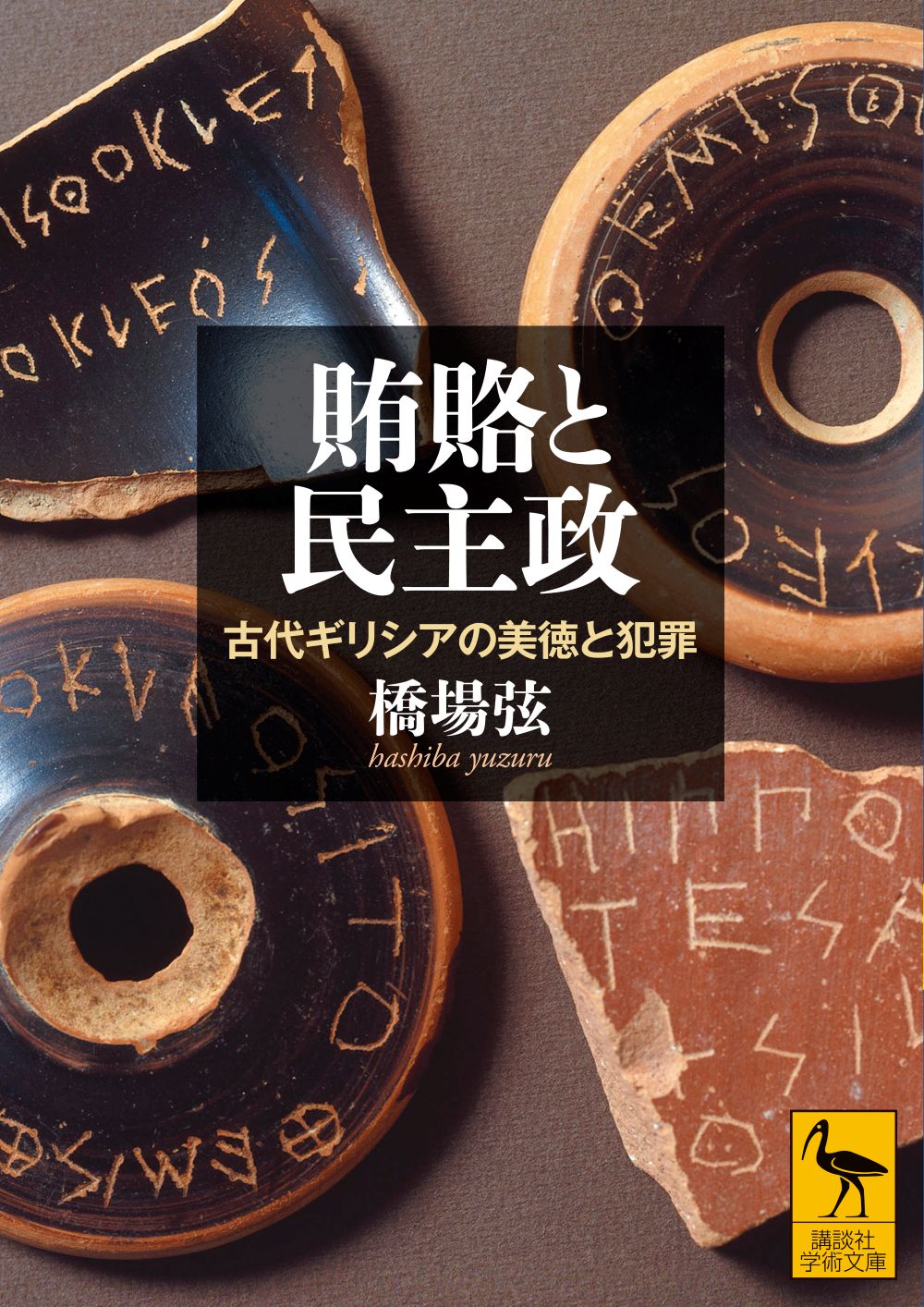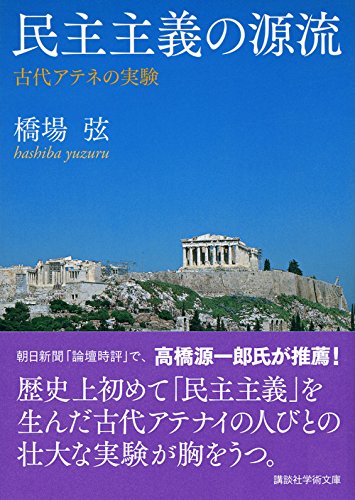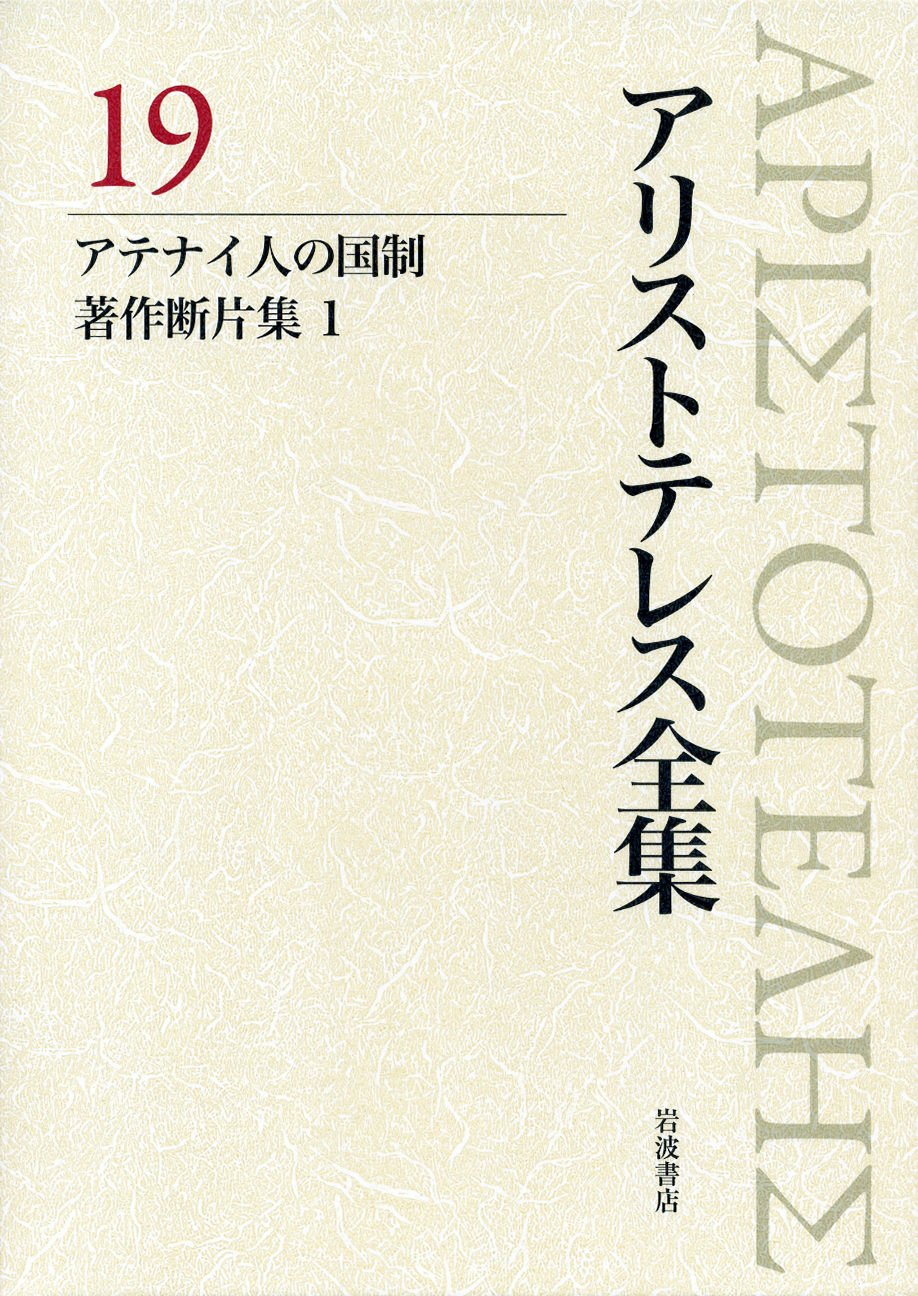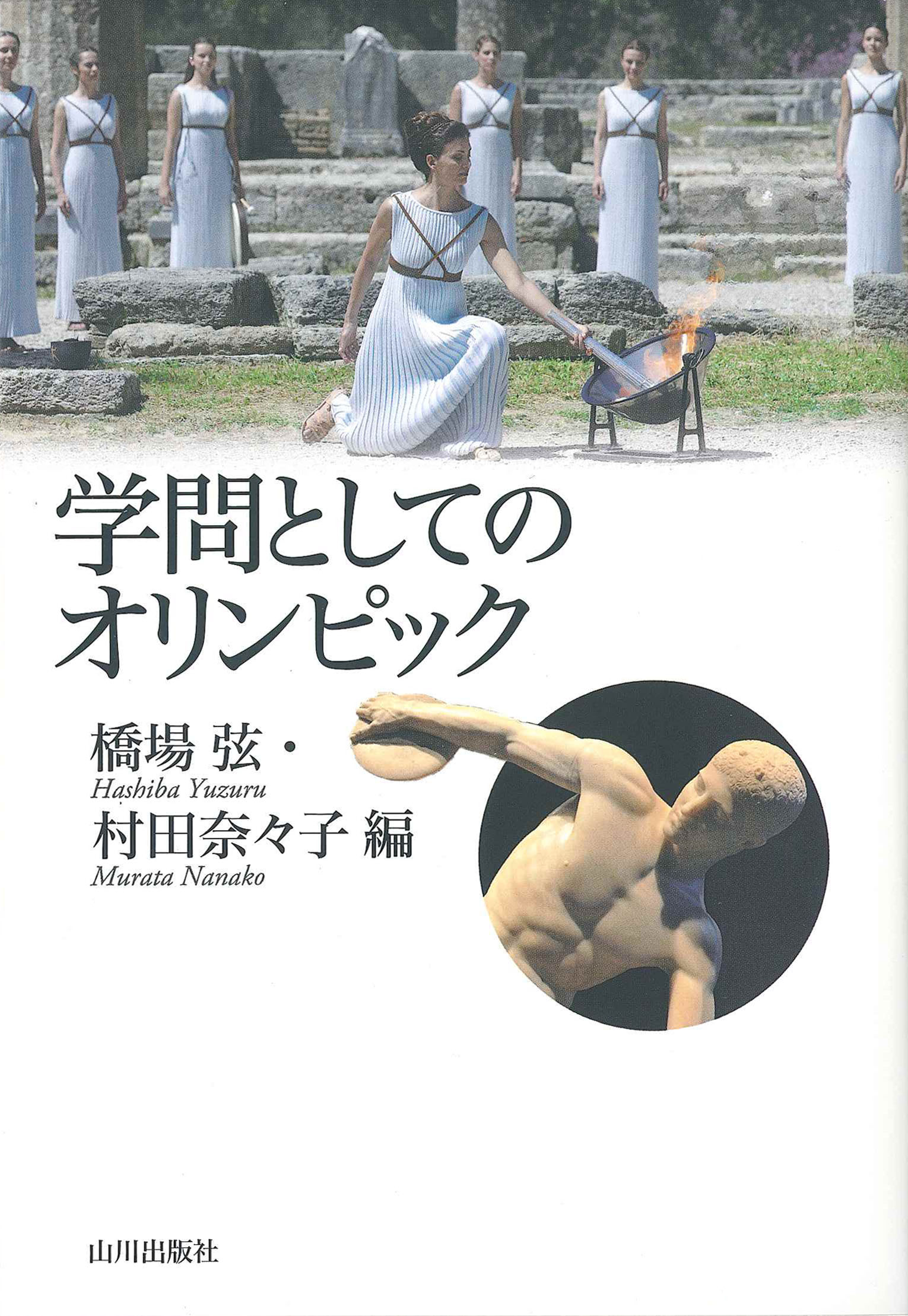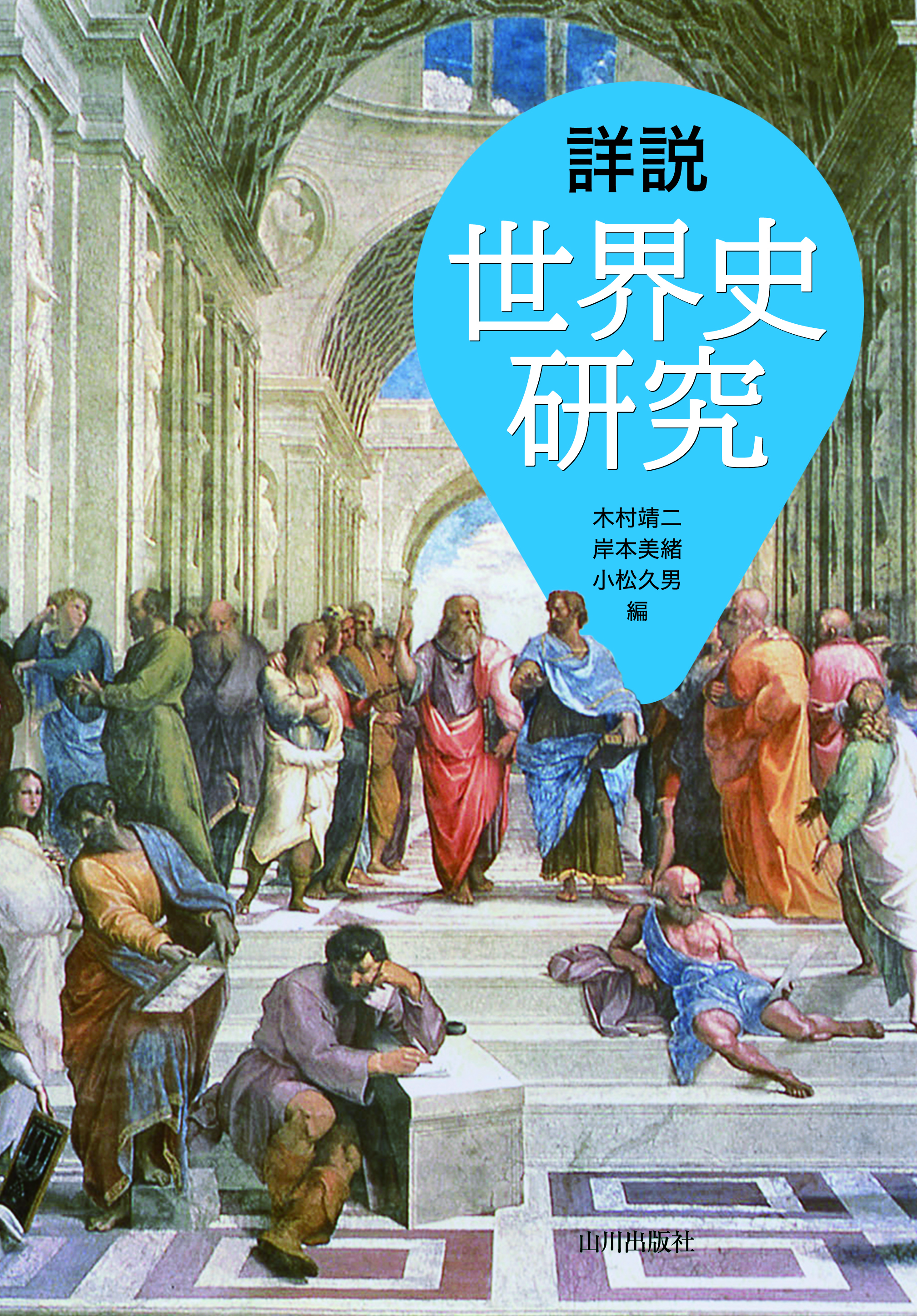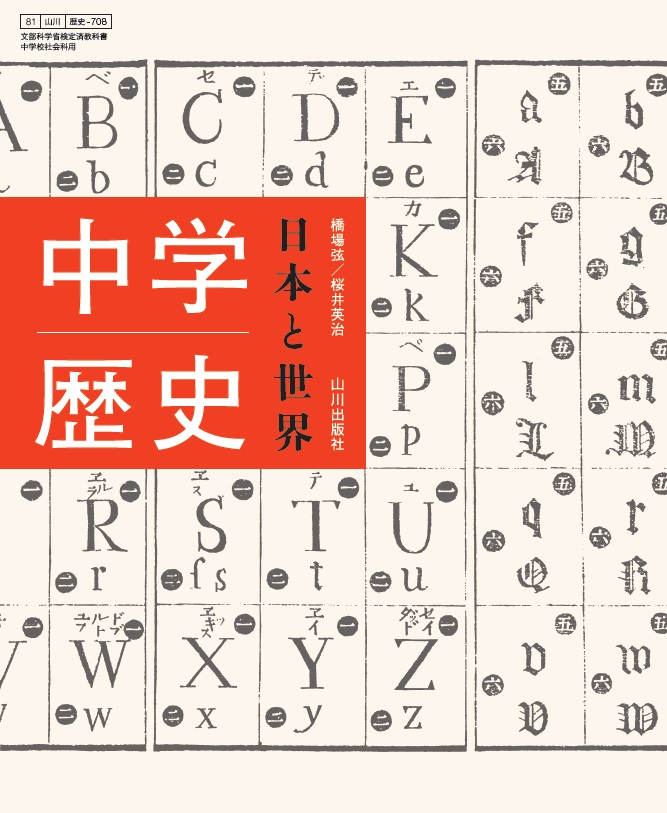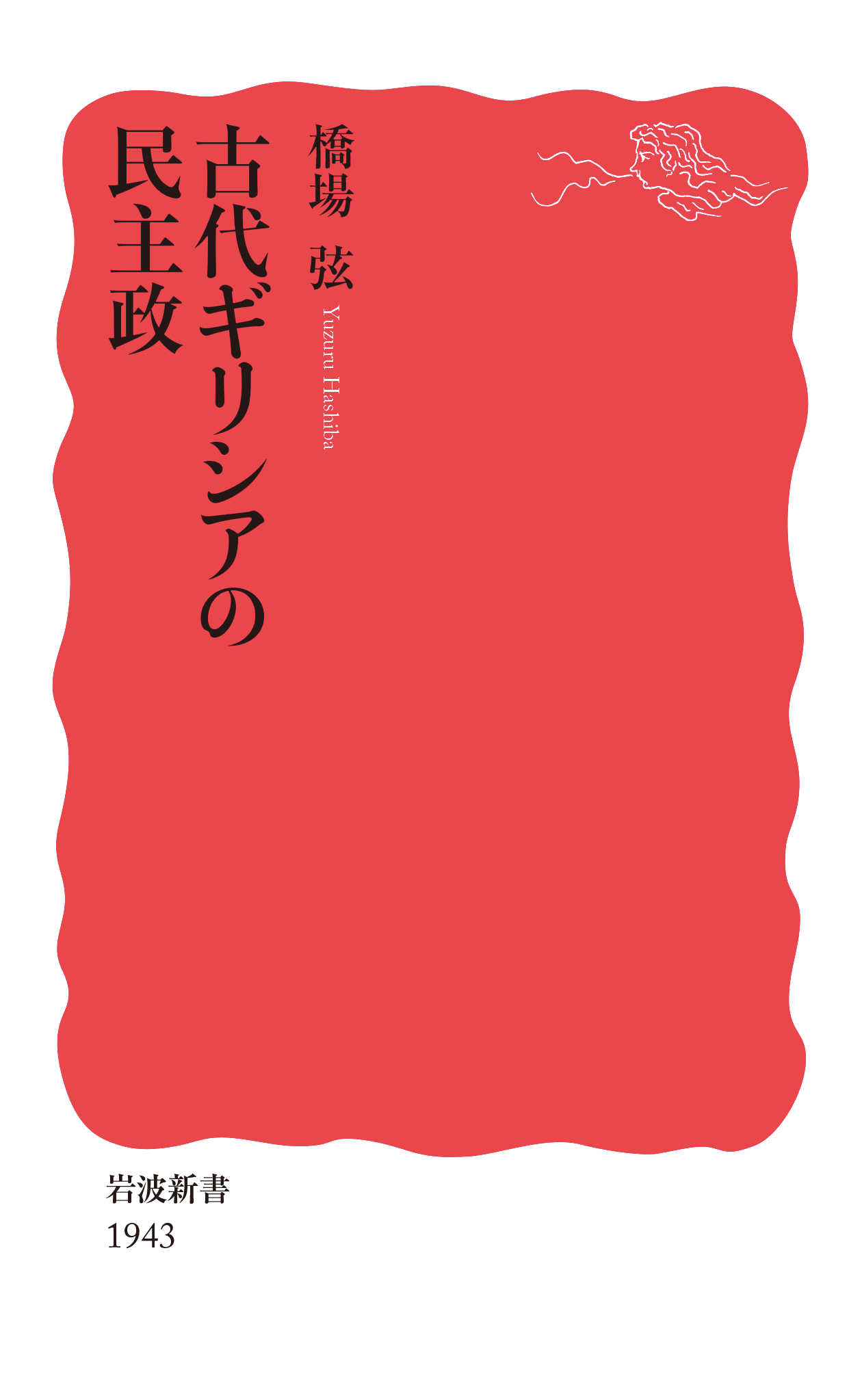
Title
Iwanami Shinsho Kodai Girishia no Minsyusei (Ancient Greek Democracy)
Size
268 pages, Paperback Pocket Edition
Language
Japanese
Released
September 21, 2022
ISBN
9784004319436
Published by
Iwanami Shoten
Book Info
See Book Availability at Library
Japanese Page
Democracy was born in ancient Greece approximately 2,500 years ago. How was this form of government—unprecedented in human history and comprising alternations of ruling and being ruled—conceived and implemented? The historical experiences of the people who built ancient democracies, which were founded on the basis of individuals sharing and taking equal charge of the publicness, resonate with the current global society.
This volume is based on special lectures delivered at the Faculty of Letters, The University of Tokyo. It reflects the latest research trends and introduces primary historical sources to explain the origin of democracy in ancient Greece, its functioning, and its development in a manner that is accessible even for novice learners. Additionally, it discusses the historical background of how the ancient Greek democracy was consistently branded as ochlocracy, and was unfavorably assessed after its disappearance after the Roman conquest, casting a long shadow noticeable in Japanese world history textbooks even today. In this sense, this volume may be read not merely as an overview of the ancient Greek history, but as a proposal for reconsidering issues of democracy from a perspective dating back to ancient times.
Democracy arose in ancient Greek city-states called poleis (sing. polis), but was practiced only in one-third of them—the rest of the poleis remained either aristocracies (oligarchies) or tyrannies (dictatorships) until the end. Democracy was first realized in Athenai (Athens) because it was the most suitable form of government to deal with the practical issue of how to consolidate a State with a sizeable territory and a large population compared to other States, as well as how to end stasis (internal strife) and become a powerful State. The political turmoil and defeat in the Peloponnesian War—later frequently cited as a classic example of ochlocracy—was an exceptional phenomenon caused by extreme conditions including overcrowding, mass deaths, and starvation. After their defeat in the Peloponnesian War, Athenian citizens, having recovered from the devastation of the civil war, once more opted for the democratic way of life. From that point onward until the end of the fourth century BC, Athenian democracy remained exceptionally stable.
Athenai subsequently came under Macedonian rule, and in 322 BC, democracy was forcibly abolished. This was unacceptable to the Athenians, for whom it had become a traditional way of life. Thus, there were many uprisings to restore democracy, allowing it to persist intermittently. Even after Athenai became a Roman province, its citizens did not take down the banner of “democratia.” Democracy did not fall, but faded out into the darkness of history. The essence of modern democracy lies in the parliamentarian system (representative system). In contrast, the essence of ancient democracy lay in “taking charge of” and “sharing,” that is, everyone participated in the publicness in some form. Transcending the major differences between the ancient and modern eras, that remains the primordial life of democracy.
(Written by HASHIBA Yuzuru, Professor, Graduate School of Humanities and Sociology / 2023)



 Find a book
Find a book


